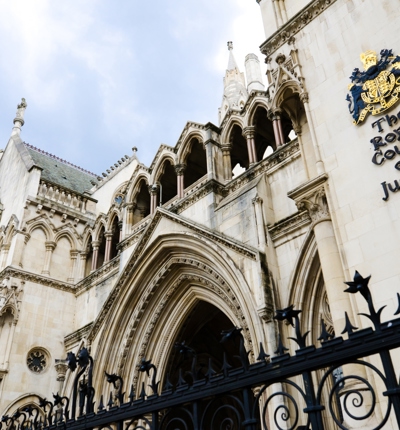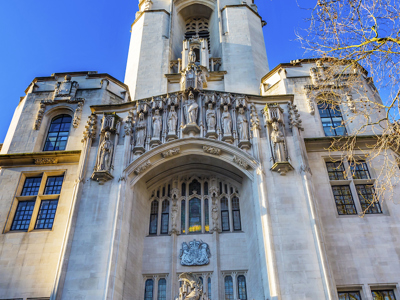
Court of Appeal victory for regulatory judge reinforces law on worker status
The Court of Appeal has ruled in favour of a regulatory panel chair and member confirming that he should be classed as a worker, and given workers’ rights such as holiday pay and sick pay.
Posted on 28 February 2022
The ruling reinforces the judgment handed down by the Supreme Court in February 2021 in the case brought by Uber drivers which confirmed they are entitled to workers’ rights.
The judgment handed down on 25 February 2022 relates to the case brought by Robin Somerville, a barrister and mediator who also has also sat as regulatory panel chair and member in hearings for a number of regulators including the Nursing and Midwifery Council (NMC).
The Nursing and Midwifery Council regulates the nursing and midwifery profession and where a registrant’s conduct is the subject of a complaint the NMC investigate and, if necessary, a hearing will take place before a panel whose powers can extend to striking off a nurse or midwife.
Mr Somerville was paid a fixed fee to carry out any preparatory reading required for each case he accepted and a fee to sit in each hearing, the value of which was governed by the length of each case which could range from less than a day to many days depending upon the circumstances of the complaint. He sat on hearings for a total of 129 days in 2013 and for several hundred further days but on a reducing basis in the five-year period between 2014 and 2019.
Mr Somerville served as a panel chair and member for the NMC from 2012 to 2020. He brought a case to the Employment Tribunal arguing that when he works as a regulatory panel judge for the NMC he should be classed as a worker and therefore be entitled to holiday pay.
The Employment Tribunal concluded in Mr Somerville’s favour in July 2020 and subsequently the Employment Appeal Tribunal upheld that conclusion in a judgment in May 2021.
The NMC appealed this ruling to the Court of Appeal arguing that that worker status could not be attributed to an individual without the relationship between the individual and the organisation for whom they worked being one where there was an “irreducible minimum of obligation” to offer and accept work of that type.
Law firm Leigh Day, who represented Mr Somerville in the Court of Appeal, argued that that this position was contrary to the clear meaning of the relevant law which had been clarified by the comprehensive findings of the Supreme Court judgment in the case brought by Uber drivers claiming worker status. The NMC also tried to distinguish how work was offered to and carried out by regulatory chairs and members from the workers in Uber but this was rejected by the Court of Appeal.
The judgment given in Mr Somerville’s case focused on the reality of the work done by a regulatory chairs and members, such as Mr Somerville, on each occasion that he agreed to take up, prepare for and adjudicate on each case offered to him by the NMC over the relevant period and concluded that he fully satisfied the worker status requirements.
Robin Somerville said: “I am delighted with the result which recognises the amount of work that goes into sitting as a professional regulatory panel chair and member, and the relationship between them and the regulators that they take work from.”
Mike Cain, employment solicitor from Leigh Day, said:
“This judgment represents an important and authoritative clarification of the threshold requirements to achieve worker protection and rights under the Employment Rights Act and Working Time legislation and builds on the principles set out by the Supreme Court in the Uber case last year.”



